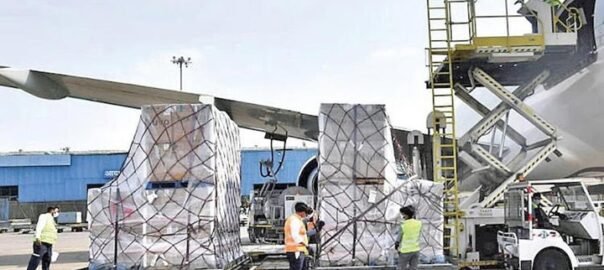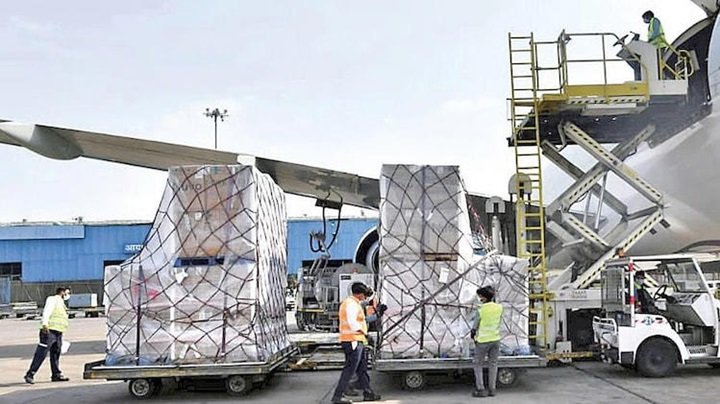
E-commerce fuelling air cargo growth in India
An e-commerce boom is set to become the primary driver of Indian air cargo growth with the contribution set to increase from the current $5 billion to $200 billion by 2030, according to experts.
With a 10 MTPA per annum cargo target by 2030, India is looking at tripling its current capacity in the next 6 years, with e-commerce, pharmaa and electronics set to be top contributors of air cargo growth, as per the estimates of Air Cargo Forum India (ACFI).
The rising demand for time-bound delivery is accelerating air freight use on domestic and international routes, and private operators like IndiGo CarGo and Blue Dart Aviation are expanding freighter fleets to meet growing E-commerce and Pharmaceutical demand. Private entities are adopting AI, IoT, robotics, and blockchain to optimise cargo handling, reduce errors, and enhance tracking, according to the knowledge paper released last week at the ACFI Annual Conclave 2025.
“India’s air cargo industry stands at a watershed moment. Fuelled by the explosive growth of e-commerce, increased global trade flows, and a maturing domestic supply chain ecosystem, air cargo is no longer a silent enabler; it has become a critical pillar of the national economy. With volumes scaling up steadily, the skies are emerging as corridors of speed and competitiveness,” said Sanjiv Edward President-ACFI CEO – Cargo and Logistics – GMR Group (DIAL).
The nation’s airports, from Delhi to Bengaluru, are evolving into critical nodes in the international supply chain, handling escalating export and import volumes with precision. This surge underscores the pressing need for strategic transhipment hubs and advanced transit facilities to ensure efficient connectivity.
However, challenges such as infrastructure limitations, regulatory bottlenecks, and inconsistent digital integration persist, hindering the sector’s full potential, said the players in the air cargo sector.
“By prioritising investments in modernised airport facilities, streamlined customs processes, and optimum digital platforms, India can address these constraints and elevate its air cargo capabilities. The establishment of dedicated cargo hubs, equipped with automated systems and enhanced intermodal connectivity, is essential to meet the demands of time-sensitive supply chains,” said Nivesh Chaudhary, Co-Founder and Managing Director Head, Strategic Advisory – Mobility and Supply Chain, ASCELA. ASCELA is a professional service company providing advisory services to organisations.
Author Credits- Richa Sharma
msn






